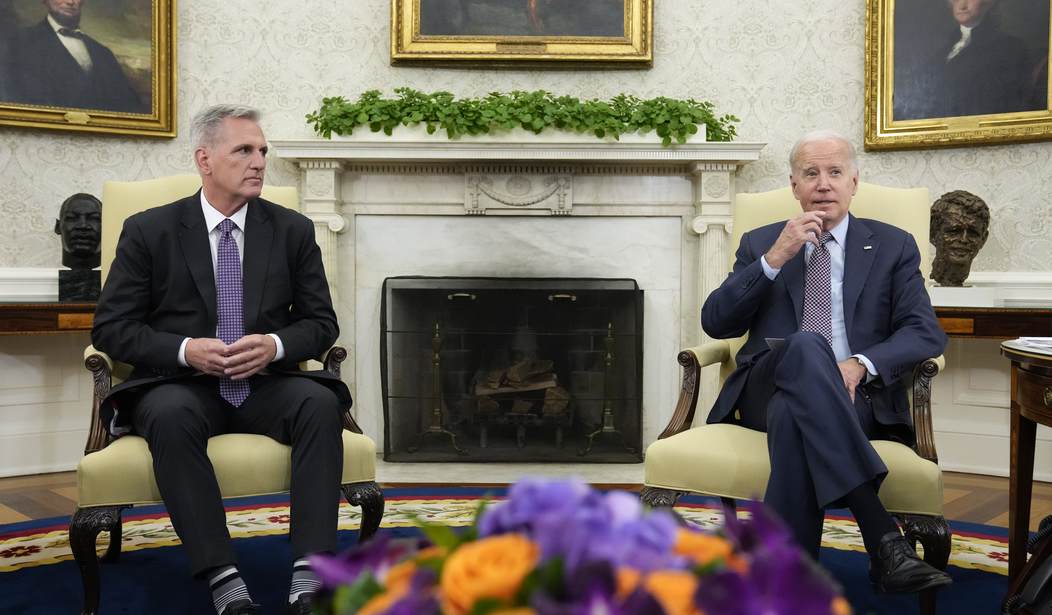The Senate voted to approve legislation negotiation by House Speaker Kevin McCarthy (R-Calif) and President Joe Biden to raise the government's borrowing limit late Thursday night.
The bill passed in a 63-36 vote. Four Democrats, 31 Republicans, and one Independent— Sen. Bernie Sanders of Vermont, voted "no."
Despite rejections from both Democrat and Republican senators, the bill will now head to Biden's desk. However, senators from both parties were unhappy with the overall agreement. A group of Republicans raised concerns about Pentagon funding levels, claiming they were too low. The Left objected to the new work requirements for older Americans in the food aid program, changes to the National Environmental Policy Act, and approval of the Mountain Valley Pipeline natural gas project.
However, Democrats and Republicans eventually agreed so both parties were able to have successful outcomes with the bill. Republicans succeeded on several policy changes and reduced federal spending. Meanwhile, Democrats could keep recent legislation on clean energy, health care, and infrastructure intact, allowing them to say most domestic programs were spared from severe cuts.
On Wednesday, House lawmakers sent the bill in a bipartisan 314-117 vote after weeks of tense negotiations between McCarthy and Biden.
Recommended
The bipartisan agreement will halt the debt limit with no cap through Jan. 1, 2025, cut non-defense spending to fiscal 2022 levels, cap spending increases at 1 percent the following year, and set non-mandatory caps for the four years after.
Ahead of Thursday's final vote, the bill faced scrutiny. Sen. Lindsey Graham (R-SC) threatened to stall the bill past Monday's June 5 deadline if Senate Majority Leader Chuck Schumer (D-NY) did not commit to a supplemental defense funding bill to raise spending, despite it reducing the savings Republicans wanted to achieve as the outcome of the deal.
"To my House colleagues, I can't believe you did this," Graham said. "To the Speaker, I know you've got a tough job. I like you. But the party of Ronald Reagan is dying. Don't tell me that a defense budget that's $42 billion below inflation fully funds the military."

























Join the conversation as a VIP Member